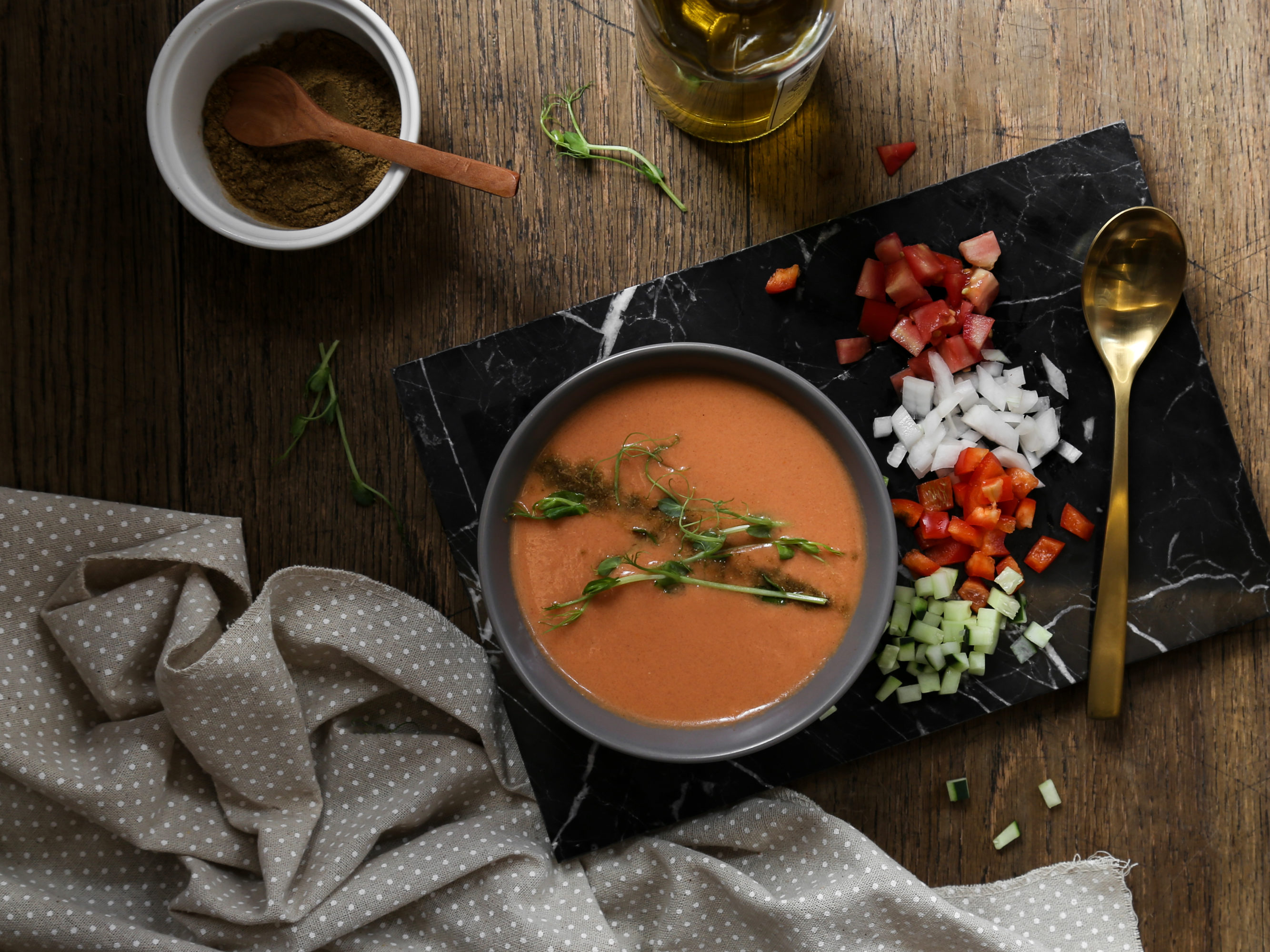How One Woman Built a Vegetarian Empire in Barcelona

Photo Caption: Gazpacho is a Spanish classic that also fits within Teresa Carles' food philosophy.
Skift Take
Sleek dining for plant-based meals has become relatively the norm in U.S. cities, but the trend is still gaining momentum in Europe where vegetarian food once relegated to hippie establishments is playing a larger role in mainstream dining.


